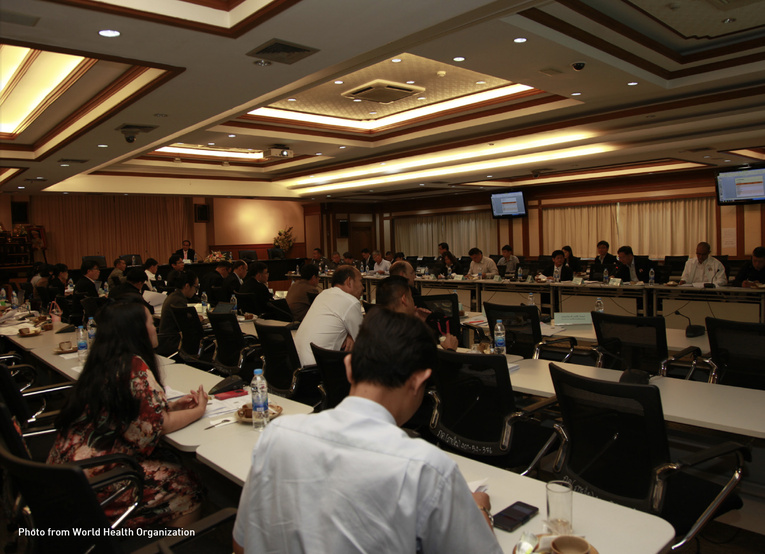The World Health Organization (WHO) is exploring the creation of a public access law database on road traffic injury prevention in collaboration with one or more institutions. The public access database will provide access to country laws and regulations for research, advocacy, and in-country legislation improvements to harness the power of laws and regulations in addressing road traffic injuries and fatalities across multiple sectors, such as transport, health, insurance, and justice.
We’ve published the updates below;
The WHO’s request for information intends to identify suppliers to gather information and ideas to understand the industry for developing public access legislation for road safety.
Since 2008, the WHO in collaboration with the United Nations (UN) Regional Commissions has monitored the status of countries in reducing road traffic mortality which remains high at 1.35 million yearly. As part of its role, WHO has collected and analyzed legislation and regulations submitted by countries pertaining to key risk factors which include; speed, drink-driving, seat belts, child restraints, helmets, drug-driving, and mobile phone use.
A vast database of laws and regulations has been collected through current efforts since the 2015 Global Status Report. This, however, has not been made readily available or accessible systematically outside the WHO. In the upcoming global status report (to be published in 2023), WHO will collect updates to laws and regulations related to the risk factors identified while also covering new topics which include; driver licensing, professional drivers, vehicle safety, vehicle registration and inspection, insurance regulation, post-crash, and safe roads.

A public database can ban be used by decision-makers, researchers, and non-profit organizations for legislation development, research, and advocacy purposes. It can also be used for country improvement in laws and regulations. Through the data that will be available, organizations can generate specific research to inform decision-makers on the most suitable legal frameworks for their countries.
The Request for Information (RFI) will conduct market research to identify firms capable of providing solutions for identifying suppliers, gathering data, and understanding the related industry.

